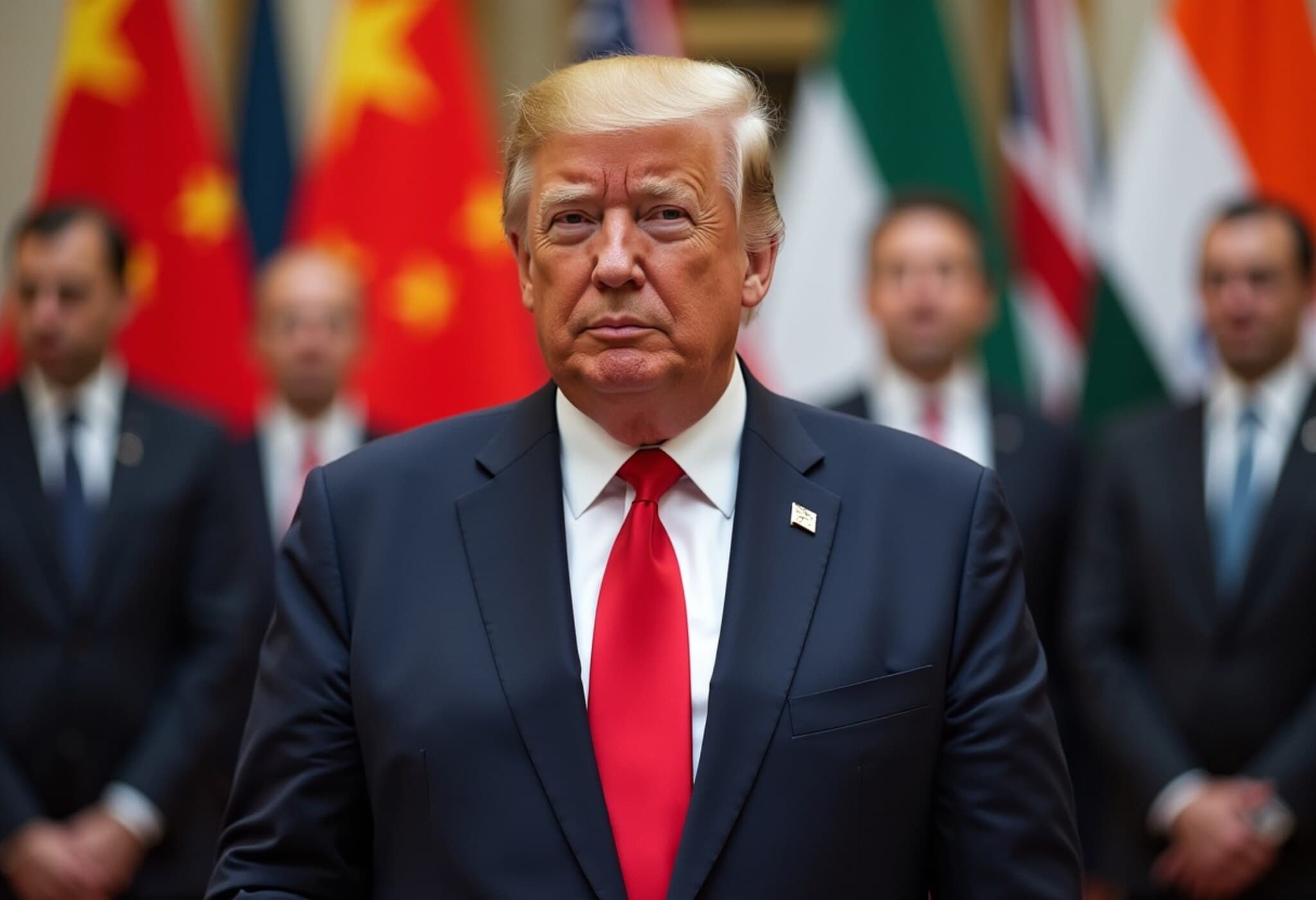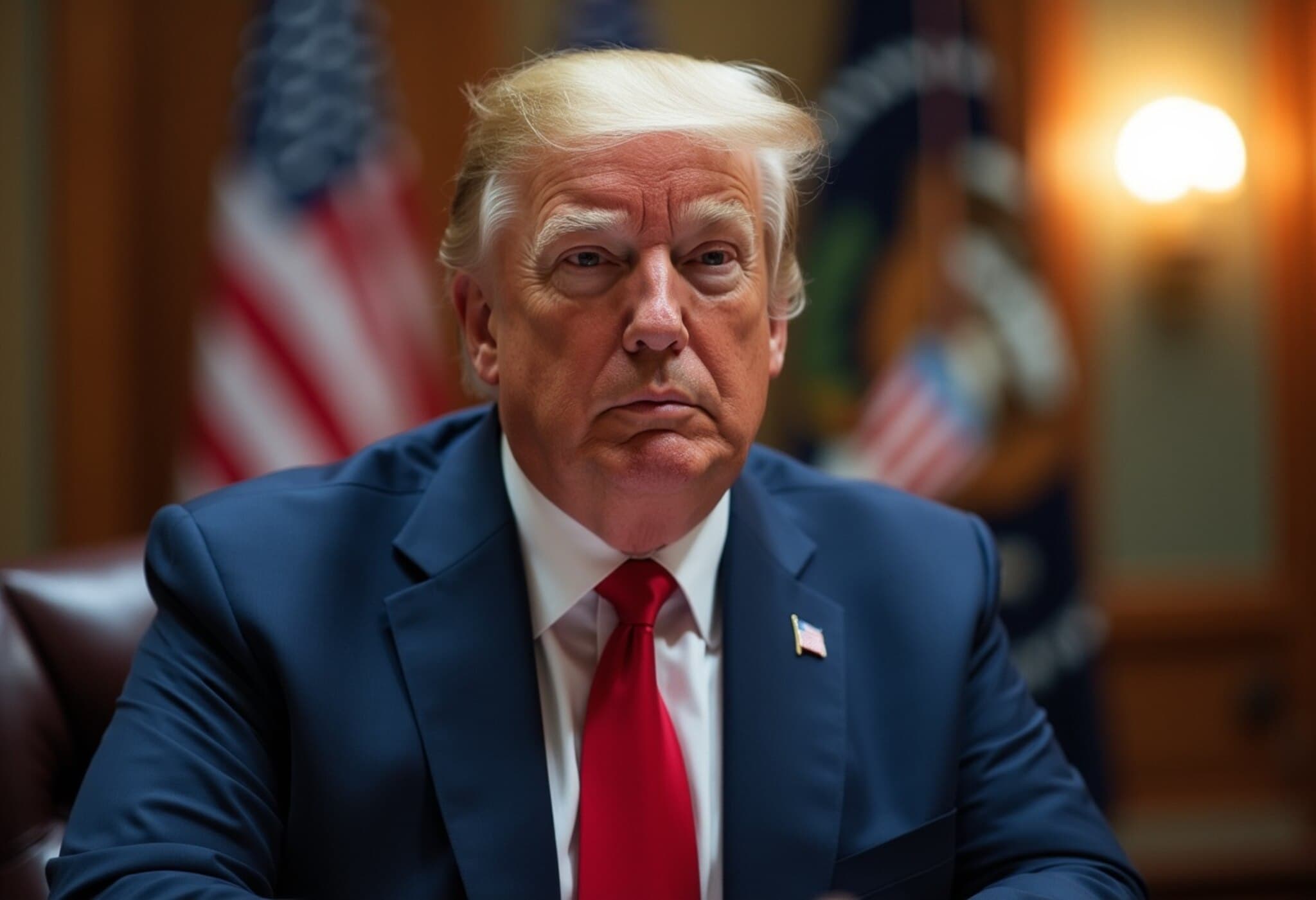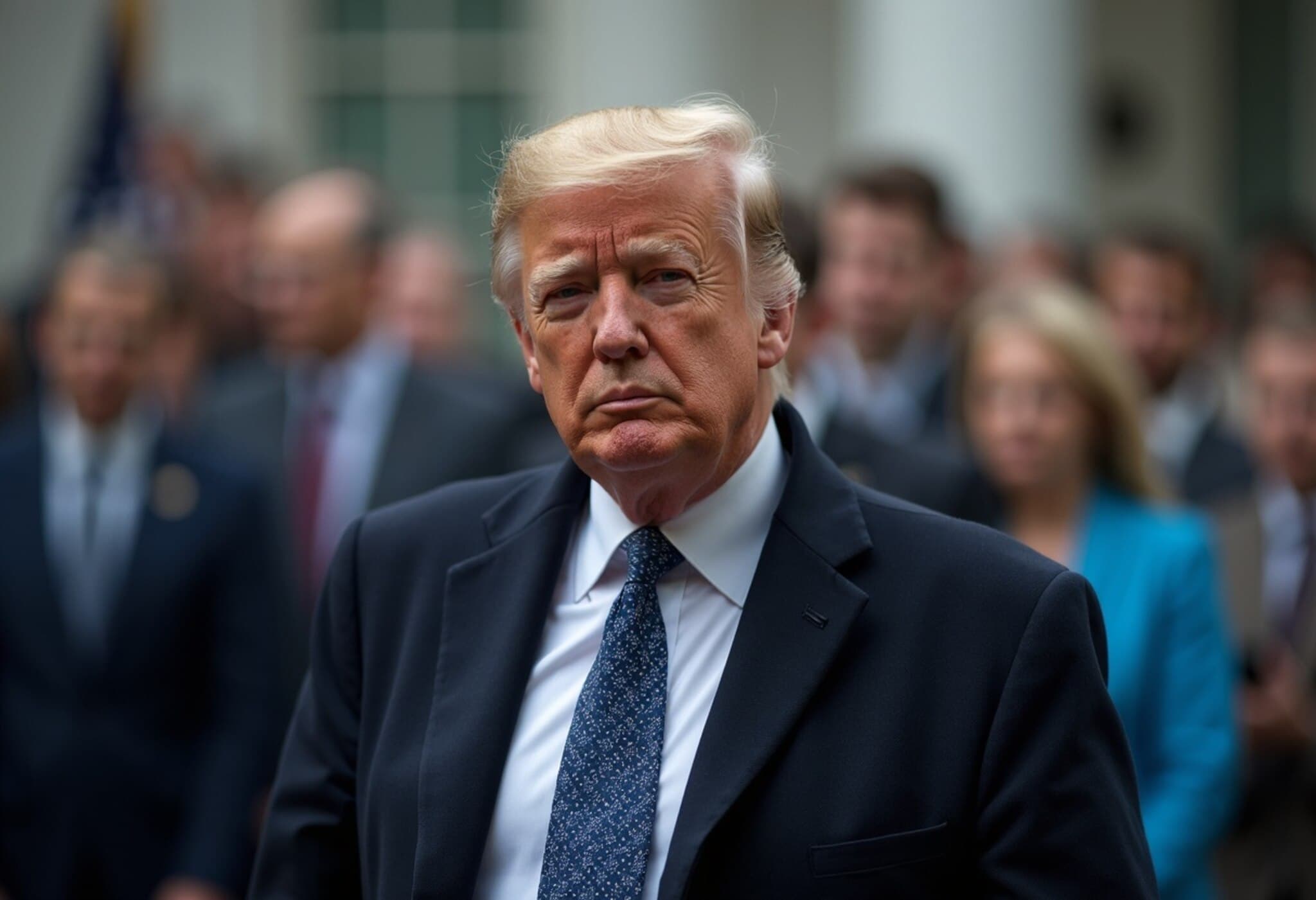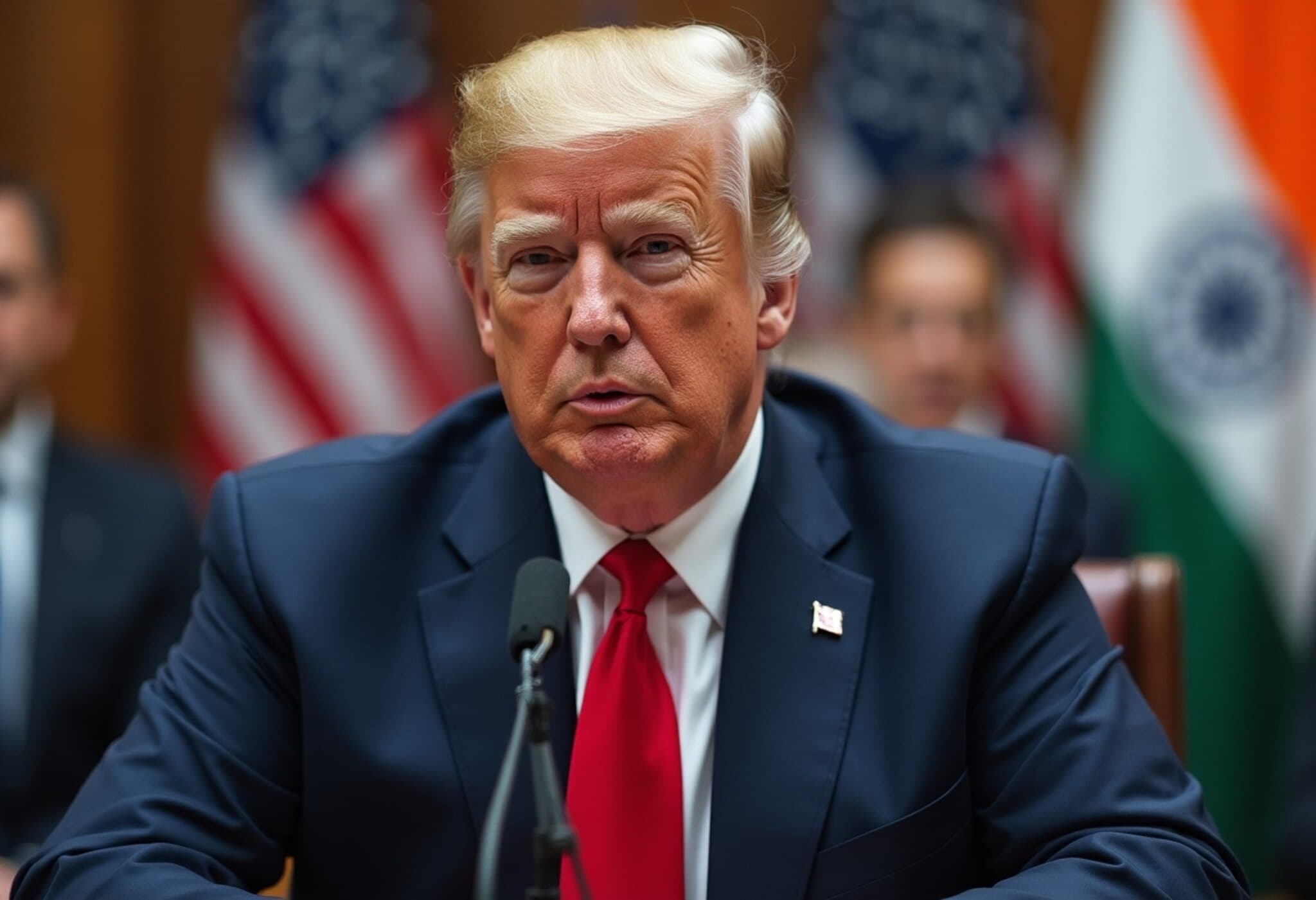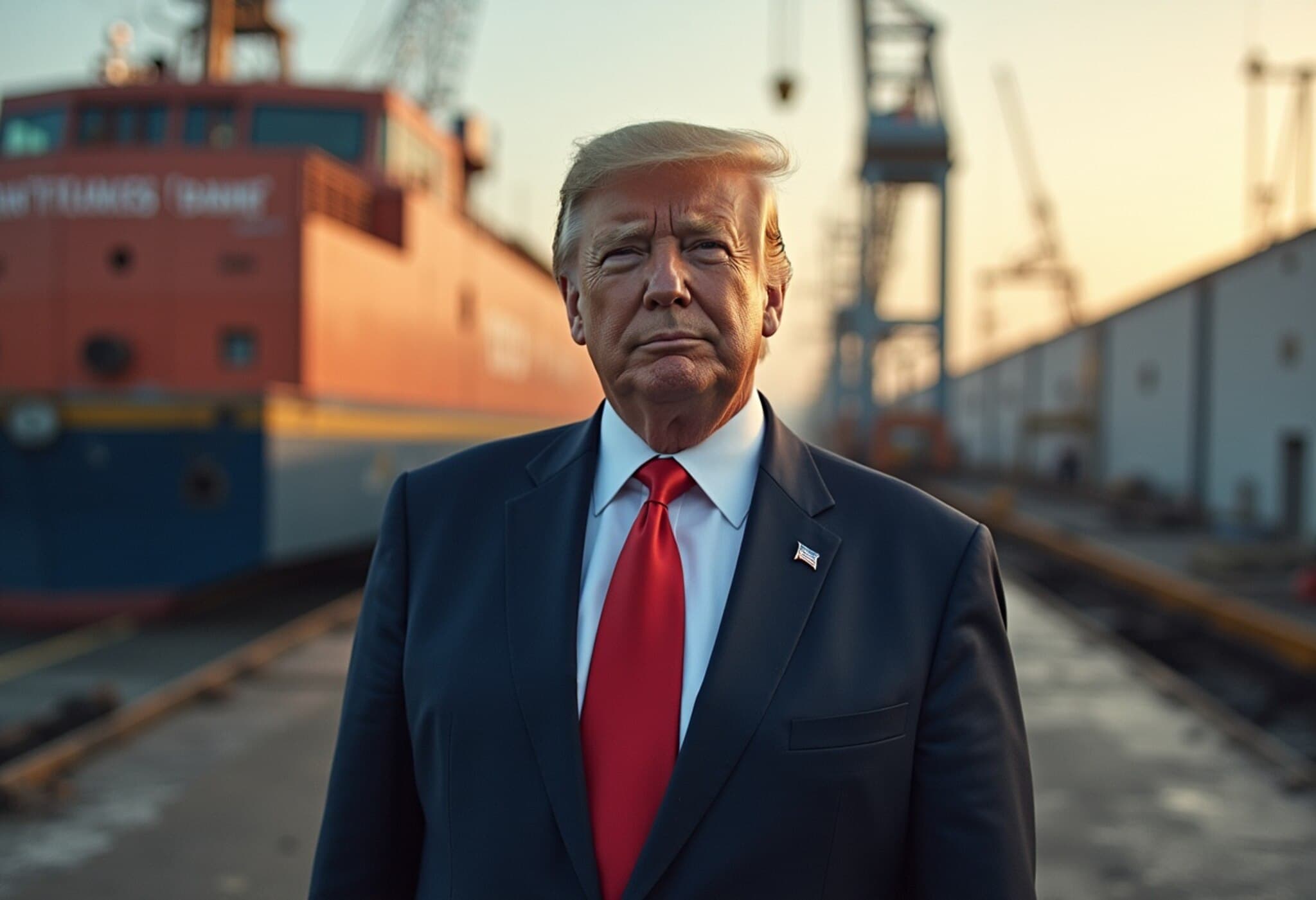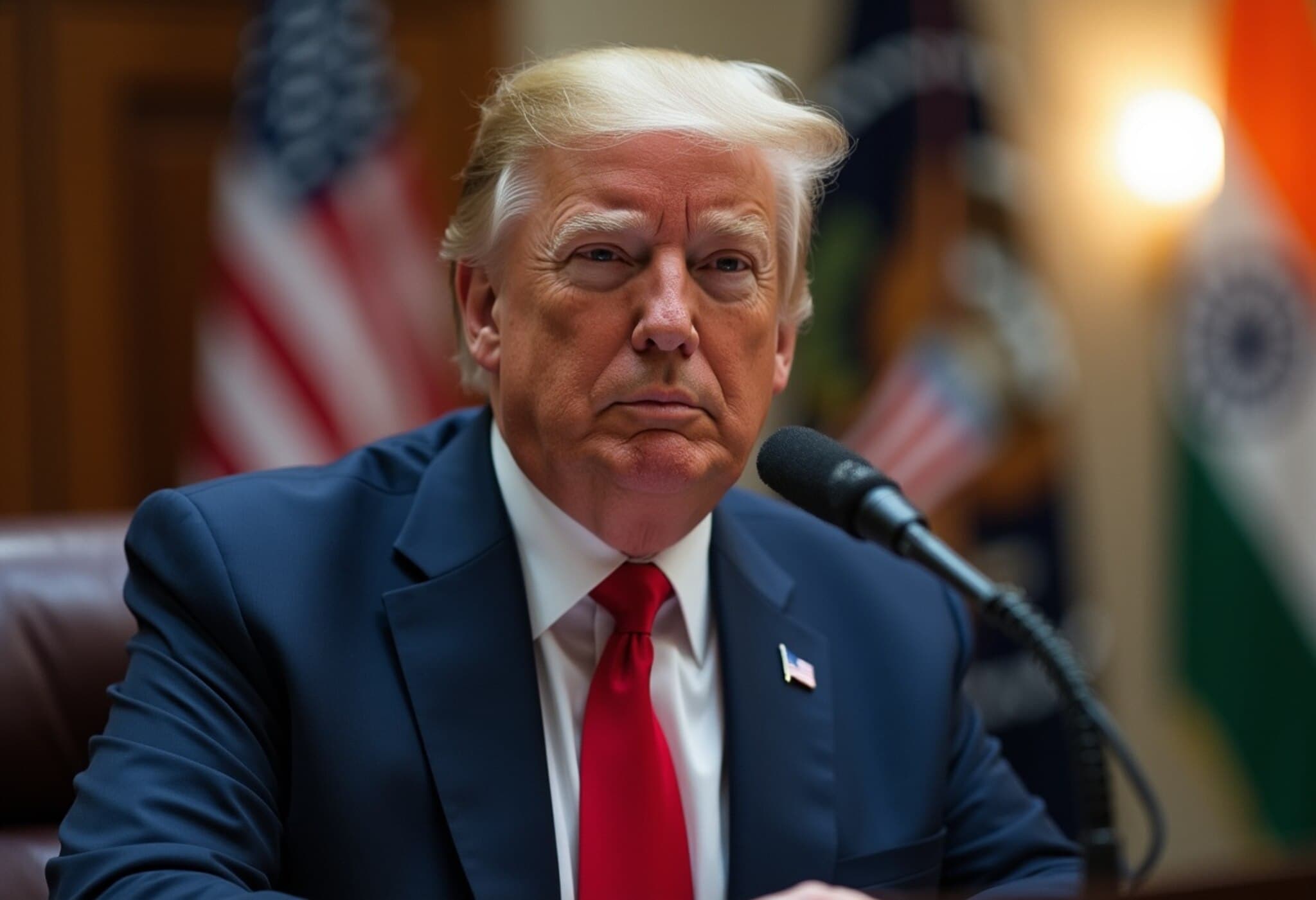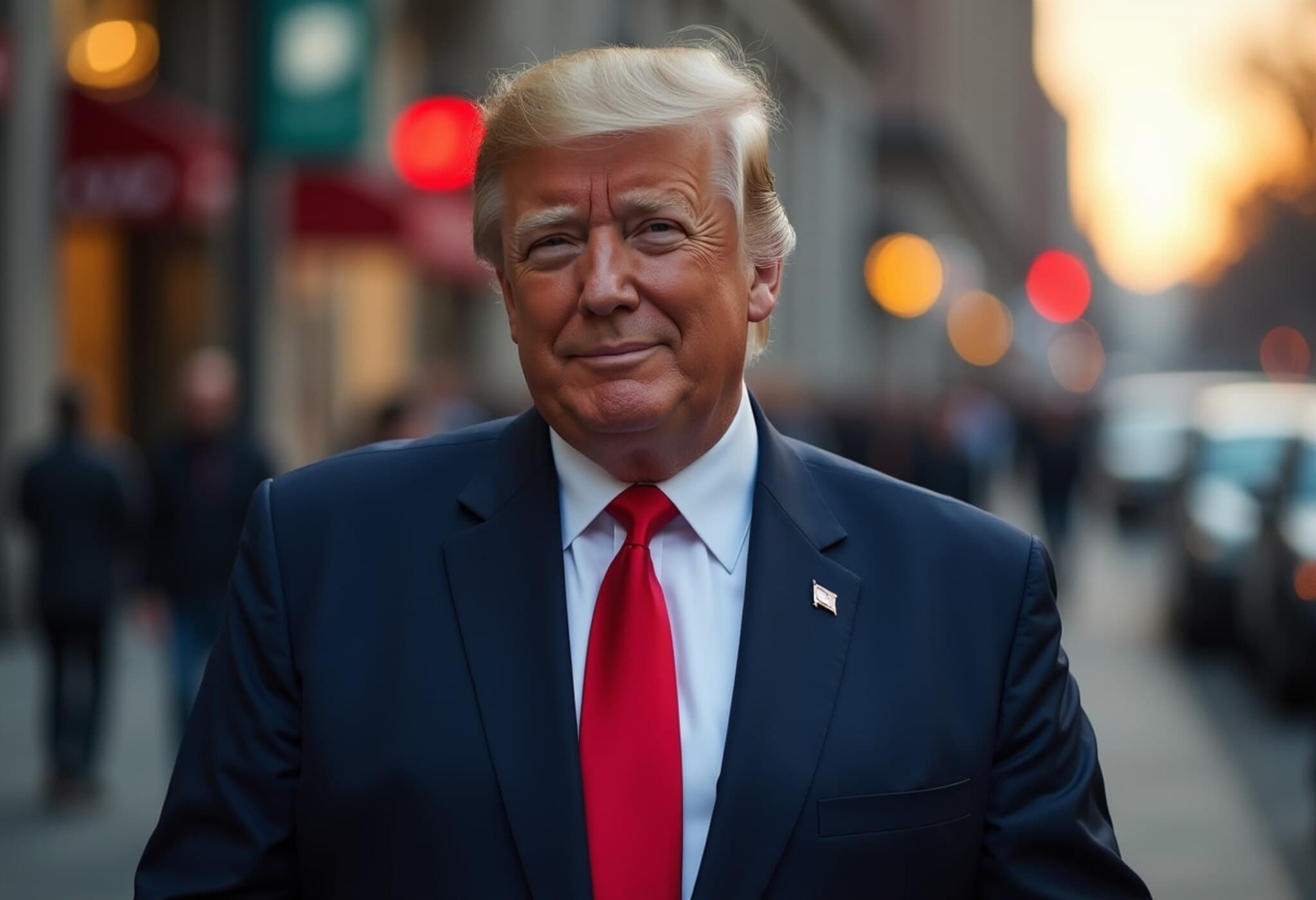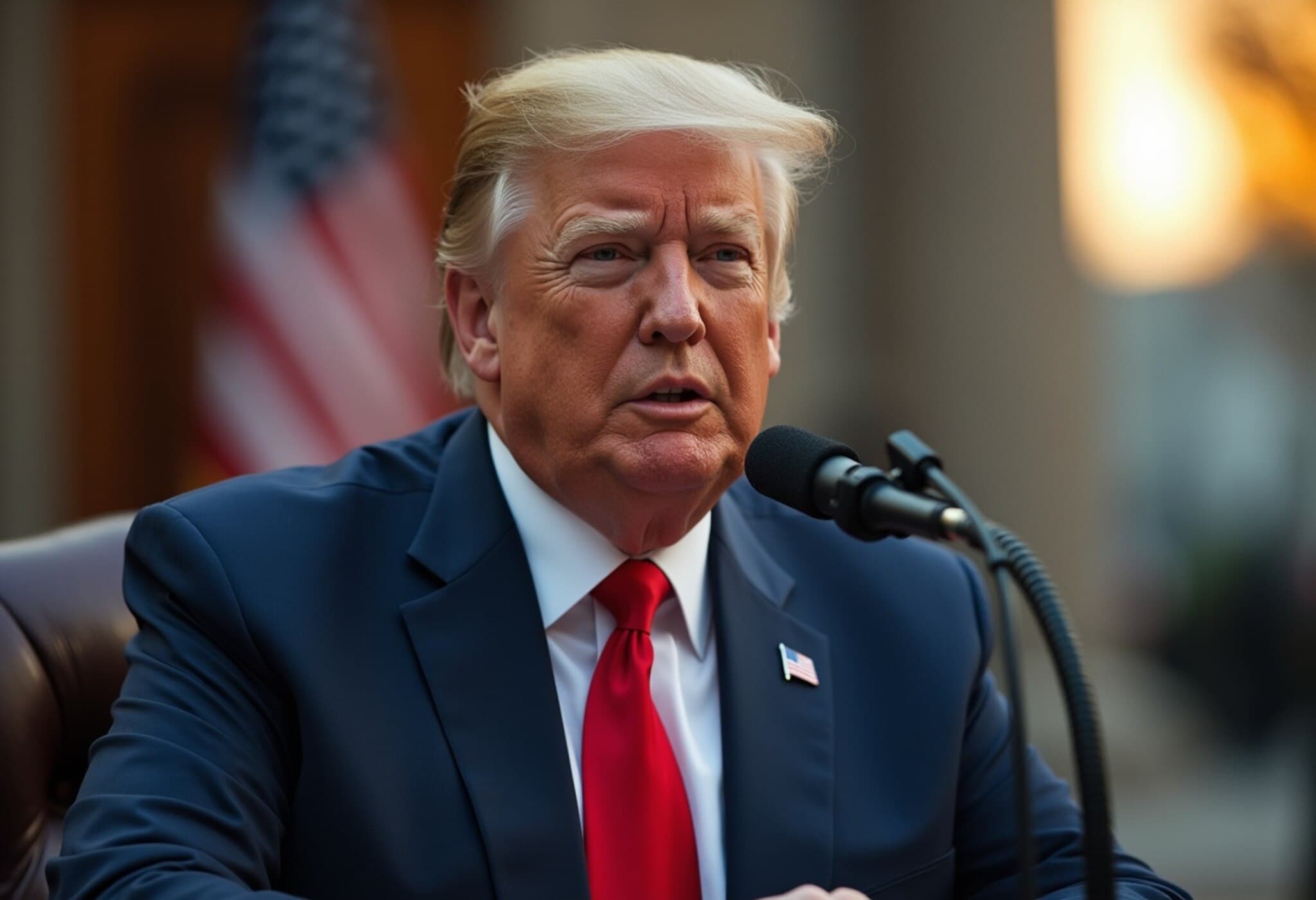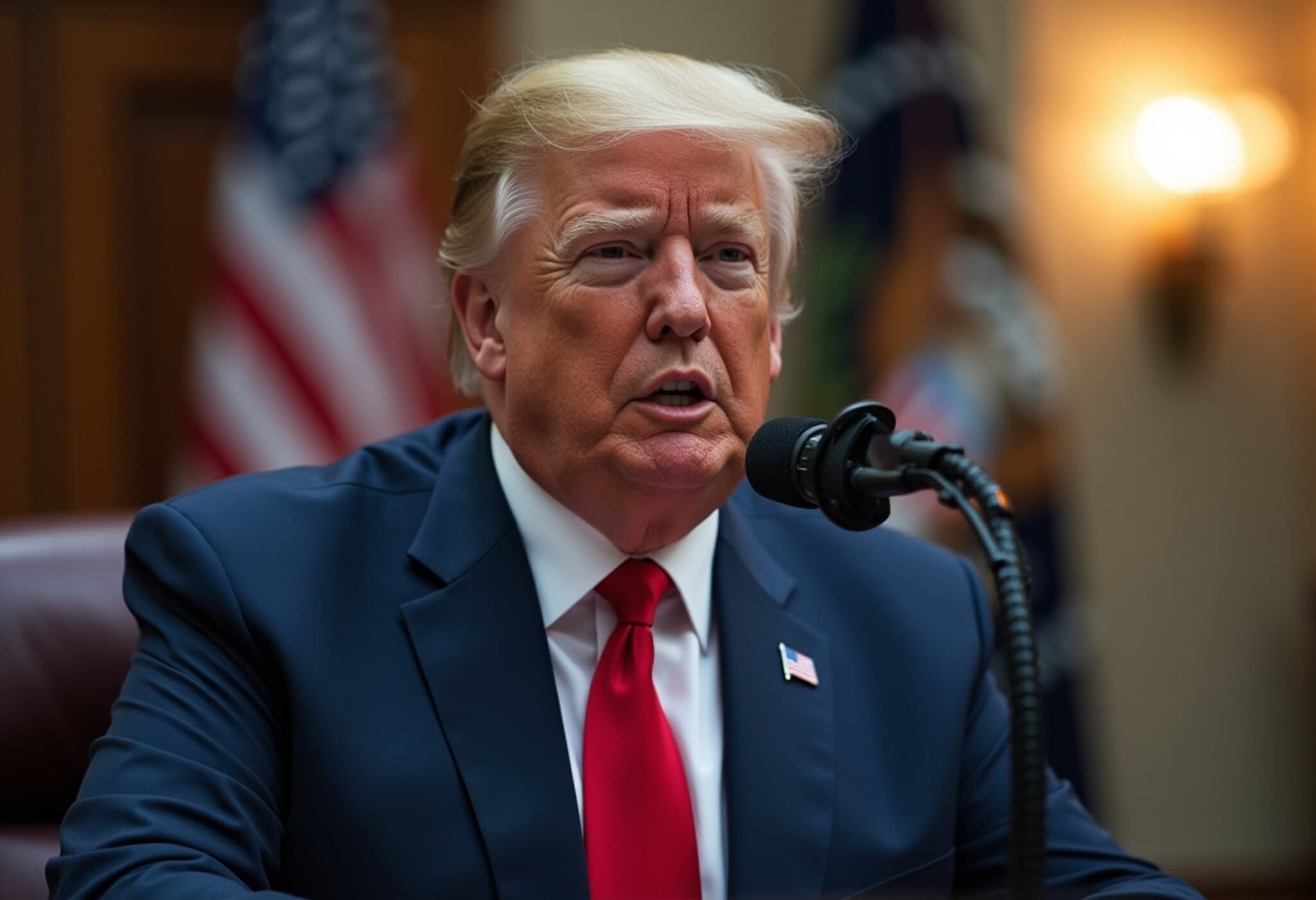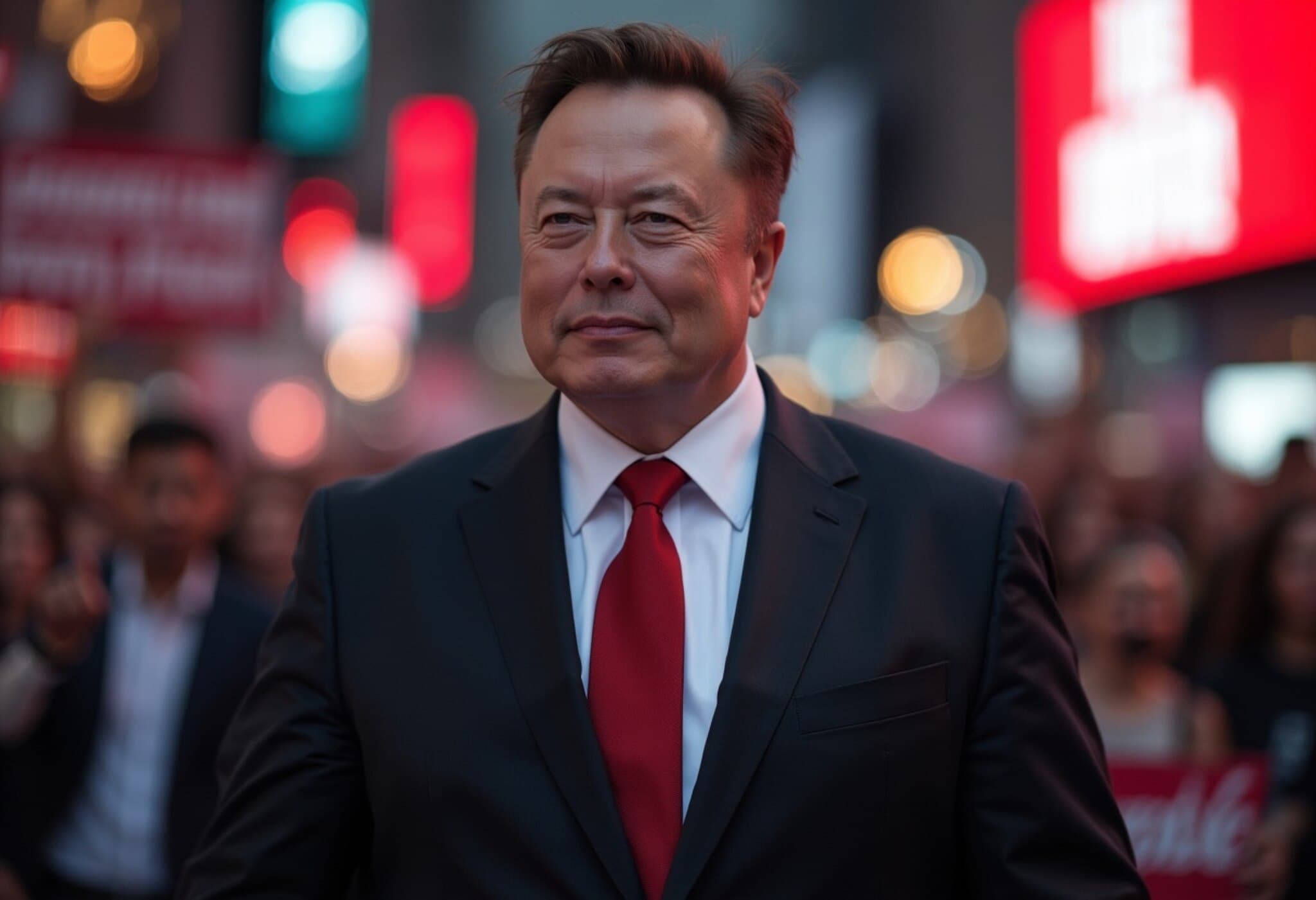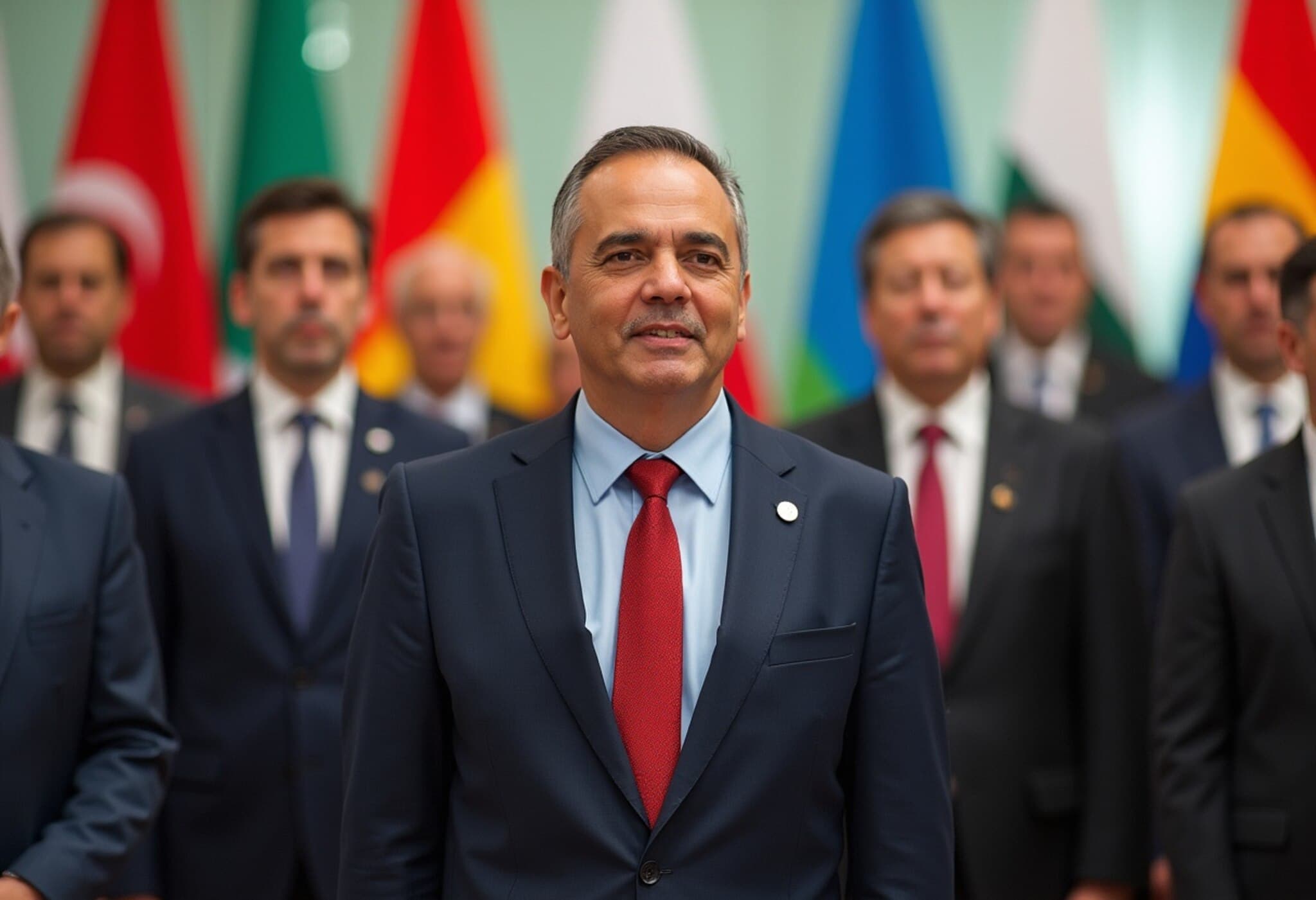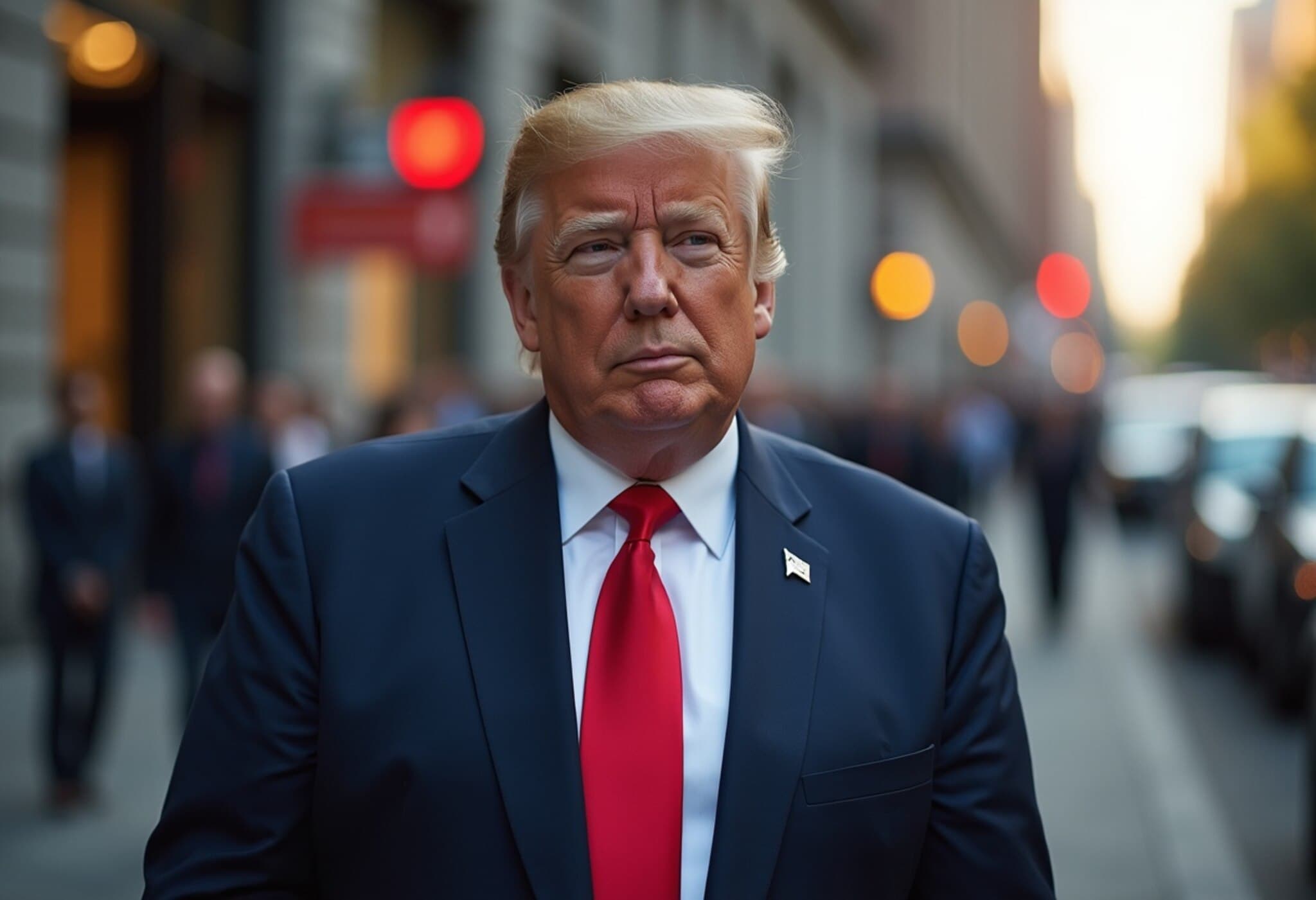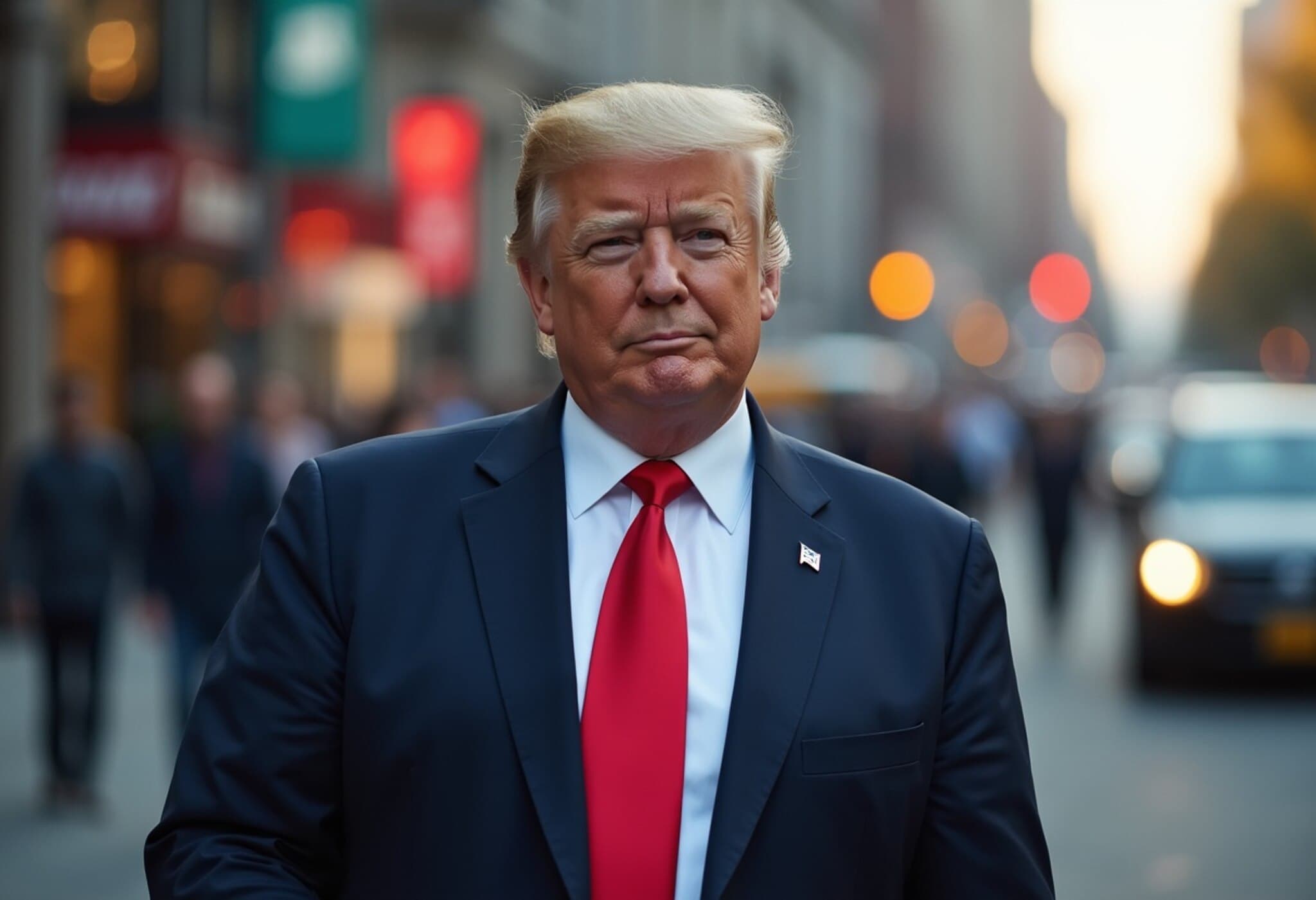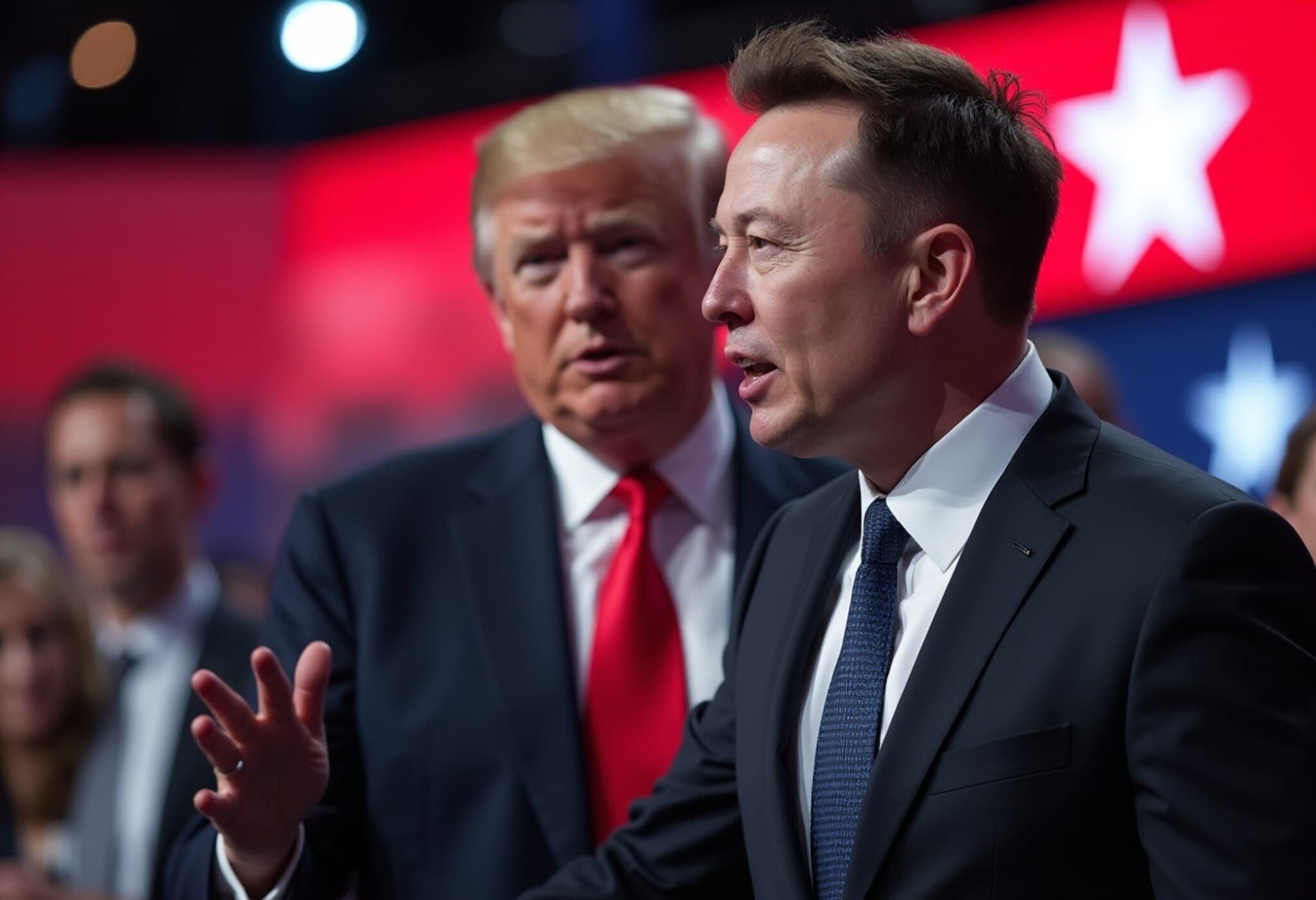China Pushes Back Against Trump’s Threat of Additional Tariffs on BRICS
In the escalating tensions of international trade policies, China has issued a strong rebuttal to former U.S. President Donald Trump’s recent threat to impose an additional 10% tariff on the BRICS nations—Brazil, Russia, India, China, South Africa—and their newly admitted members Egypt and the United Arab Emirates (UAE). The Chinese Foreign Ministry emphasized that the bloc stands for cooperative and inclusive global development, not confrontation, and firmly condemned tariffs as an ineffective and coercive political tool.
A Firm Stand Against Economic Coercion
Responding promptly to Trump’s comments broadcast on his social media platform Truth Social, China’s foreign affairs spokesperson highlighted the futility and damage wrought by tariff escalation. “The use of tariffs serves no one,” the statement declared, adding, “We oppose tariffs being used as a tool to coerce others.” Beijing's response reflects broader concerns within BRICS about growing protectionism and geopolitical rivalries primarily led by Washington.
Context: Trump’s Tariff Warning and BRICS Expansion
On the heels of India’s support for a BRICS declaration critical of U.S.-led tariff regimes, Trump sent a stark warning that any nation aligning with what he described as “anti-American policies” embraced by the BRICS alliance would automatically face an added 10% tariff. Such aggressive rhetoric signals a potential return to a confrontational trade stance, especially if Trump returns to office.
Meanwhile, BRICS itself has been expanding, with Egypt and the UAE recently joining the bloc, which collectively plays an increasingly influential role in shaping multipolar global economic governance. China's messaging seeks to underline the group’s vision for a more balanced and inclusive global order, positioning itself as a counterweight to perceived unilateralism.
Implications for American and Global Economic Policy
This development raises urgent questions about the future trajectory of U.S. trade policies and the impact on global markets. Experts note that invoking tariffs as coercion risks exacerbating geopolitical divides and undermining decades of progress in multilateral trade frameworks.
Economist Dr. Laura Chen explains, “Such tariff threats disrupt supply chains, inflate costs for consumers, and potentially alienate strategic partners. In an era of complex interdependence, the U.S. must weigh short-term political gains against long-term economic stability.”
Underreported Perspectives: The Voices Within BRICS
While Beijing’s response dominates headlines, the nuanced positions of other BRICS members are less discussed. Countries like India and Brazil balance their relationships carefully—supporting inclusive growth yet maintaining ties with the U.S. Their perspectives reveal the intricate dance between rising global powers and established Western influence.
Looking Ahead: Navigating a Fractured Global Trade Landscape
The renewed rhetoric underscores a critical juncture where global governance, economic integration, and political will collide. Whether the U.S. opts for renewed tariff battles or chooses diplomatic engagement will profoundly influence global cooperation frameworks.
- BRICS Expansion: New members Egypt and UAE signify a strategic push toward a broader, multipolar economic alliance.
- US Trade Policy Risks: Tariff threats could jeopardize relations not only with BRICS but with allied nations concerned about protectionism.
- Global Economic Stability: Escalating trade tensions may stifle growth and disrupt complex multinational supply chains.
Editor's Note
The clash between protectionism and global inclusivity plays out in these tariff threats and responses, reflecting broader struggles over economic leadership in the 21st century. Readers should consider how such geopolitical shifts might affect everything from consumer prices to diplomatic alliances. Notably, the internal dynamics among BRICS countries themselves may hold clues to future global order reshaping, challenging simplistic narratives of East versus West. As this situation develops, close attention to policy nuances and stakeholder motives will be essential to fully grasp its implications.
By TOI World Desk, seasoned journalists dedicated to delivering insightful and balanced global reportage.

